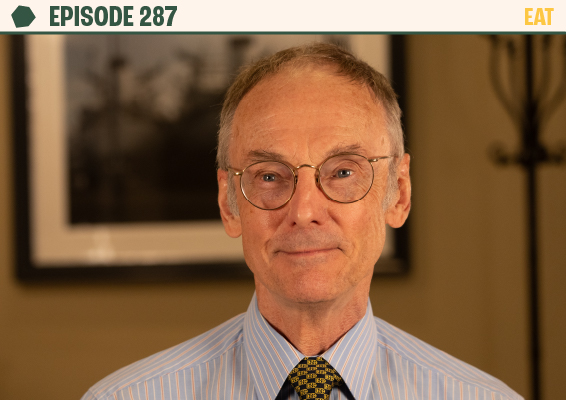Eddy Edson
Well-Known Member
- Relationship to Diabetes
- Type 2

Reversing type 2 diabetes | Roy Taylor, PhD
We’ve examined the complexities of type 2 diabetes many times on The Proof, learning from experts from across the world. Today, I sit down with a scientist who has fundamentally changed our understanding of this disease: Professor Roy Taylor. As one of the most esteemed scientists researching...
 theproof.com
theproof.com
Simon Hill talking with Taylor for a couple of hours - does a pretty good job, IMO.

